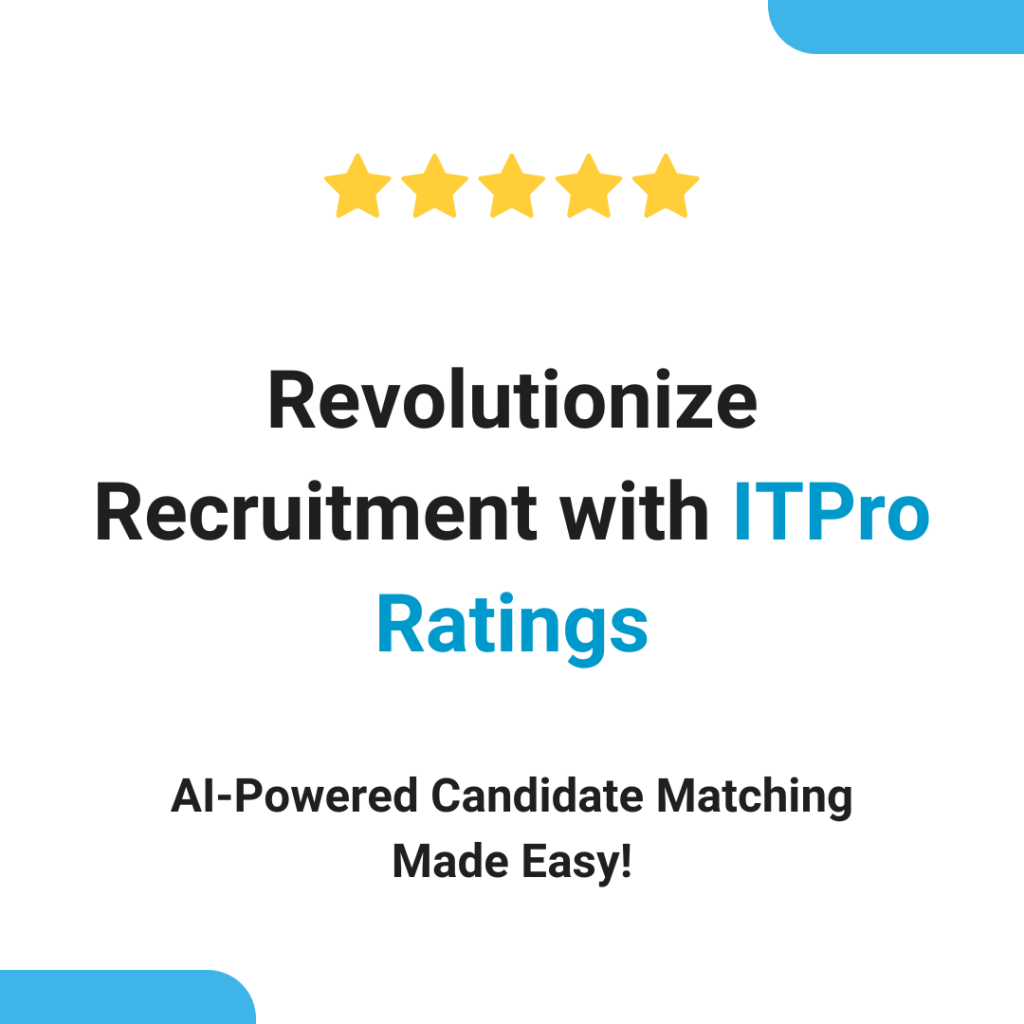Job searching is already stressful. When candidates spend hours tailoring CVs, writing cover letters, and preparing themselves only to hear nothing back, it can be frustrating. One major reason behind this frustration is something called ghost job postings.
This is a growing global issue, and Sri Lanka is not immune.
What Is a Ghost Job Posting?
A ghost job post is a job advertisement published without a real intention to hire at that time.
The job may look real. The company name may be familiar. The role description may sound exciting. But behind the scenes, there is no active recruitment happening.
The post exists for other reasons, and not to actually fill a vacancy.
Why Ghost Job Posts Are Bad
Ghost job postings cause damage on multiple levels.
For job seekers, they:
- Waste time and emotional energy
- Create false hope and unnecessary anxiety
- Distort the real job market and demand for skills
For companies, they:
- Erode trust with candidates
- Damage employer brand over time
- Reduce response quality when they actually start hiring
At a broader level, ghost jobs:
- Hurt the credibility of the entire industry
- Create misleading signals about job trends
- Push people to make poor career or learning decisions
The Situation in Sri Lanka
Studies in the U.S. estimate that around 27% to over 30% of job postings are ghost jobs. Many recruiters and companies have openly admitted to posting ghost jobs at least once.
In Sri Lanka, there is no reliable research or published data on this topic yet.
However, considering:
- The project-based nature of the IT industry
- Hiring driven heavily by client demand
- Frequent “pipeline hiring” behavior
…it’s reasonable to assume that ghost job postings may exist at similar or even higher levels, especially in tech.
Why Companies Post Ghost Job Ads
Companies post ghost jobs for many reasons. Some are intentional, some careless, and some unethical.
Common reasons:
- Signaling internal employees that the company is “growing”
- Creating confidence among customers or investors
- Sending a message that employees are easily replaceable
- Researching the talent market and skill availability
- Testing how many people apply for certain roles
- Influencing trends by promoting specific technologies
- Boosting engagement or followers on social media
- Showing openness to talent without immediate hiring plans
- Running scams (asking candidates to pay during the process)
Not all reasons are malicious, but still making problems.
How to Identify Potential Ghost Job Posts
Not every suspicious job post is fake. But ghost jobs often follow patterns. If you notice several of these together, pause and research before applying.
Common warning signs:
- Very generic or extremely brief job descriptions
- Reposting the same role frequently without updates
- Social media posts asking people to “comment if interested”
- Anonymous posts in job groups
- Sudden floods of generic openings from the same source
- No clear hiring timeline or process mentioned
How to Verify a Job Before Applying
If something feels off, trust your instinct and do a quick check.
Practical steps:
- Cross-check the job on the company’s official website
- Look for the same role on multiple trusted platforms
- On social media, check the poster’s profile credibility
- Message the recruiter politely and ask for more details
- Use LinkedIn to:
- Review the company page
- Check employee count and growth
- See if similar roles actually exist internally
If applying via email:
- Prefer corporate email addresses over generic ones
- If a third party is involved, verify their legitimacy
- Confirm whether your CV goes directly to the company
General Safety Rules for Job Seekers
Some rules should never be broken. No matter how desperate the situation feels.
- Never make payments during any stage of recruitment
- Any request for money = scam
- Do not include sensitive personal details in your CV
- No NIC numbers
- No full postal address
- City is enough
- Apply only to fresh job postings whenever possible
What to Do If You Find a Fake Job on ITPro.lk
If you come across a suspicious or fake job ad on ITPro.lk, please use the Report option on the job page.
This helps us protect the community and keep the platform trustworthy for everyone.
A Message to Companies. Why Ghost Jobs Are a Bad Idea
If you’re a company posting ghost jobs and believe it’s harmless. It’s not.
There are better, honest alternatives.
If you want to show openness to talent:
- Create a clearly labeled Talent Pool or Open Applications page
- Be transparent that it’s not an active vacancy
If you want to collect CVs:
- Offer an email or form for speculative applications
- Clearly state that responses are not guaranteed
If you want engagement:
- Use social media content, employee stories, tech discussions, or learning initiatives
You don’t lose credibility by not hiring all the time.
Final Thoughts
Trust is the heart of any strong brand.
Companies don’t build trust by posting frequent job ads.
They build trust by being honest, transparent, and respectful of people’s time.
And for job seekers research is your superpower.
A healthier job market starts with honesty on both sides.

A multifaceted professional known for diverse interests and contributions in various fields, including management, technology, education and entrepreneurship. Also the founder of ITPro.lk, bringing a unique perspective and industry knowledge to writing.











